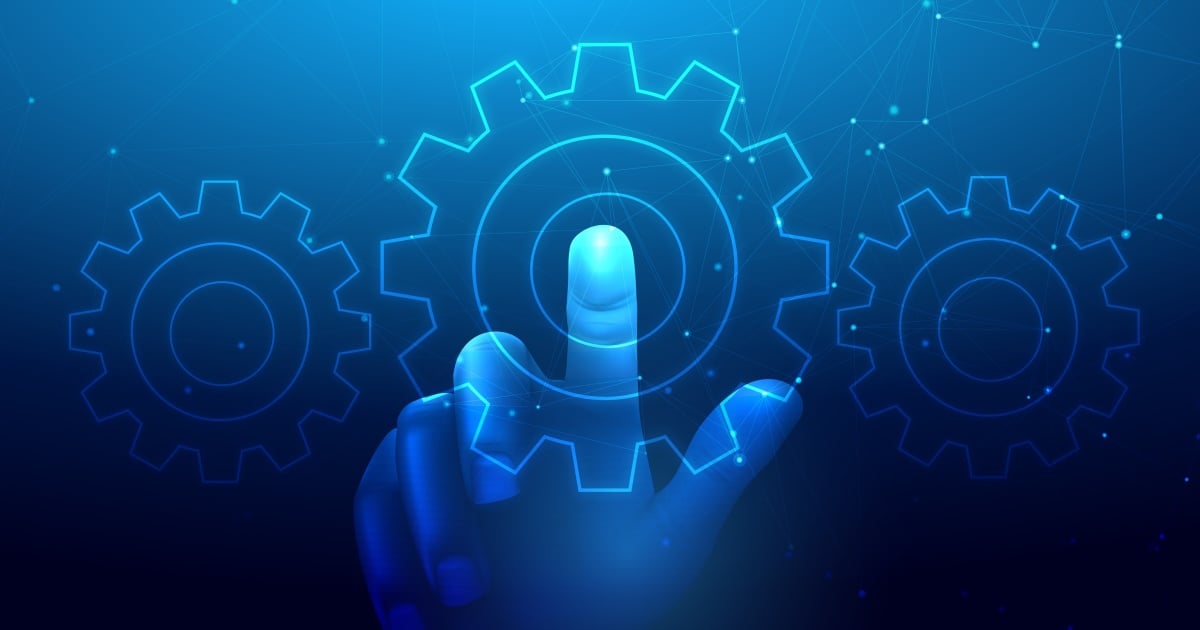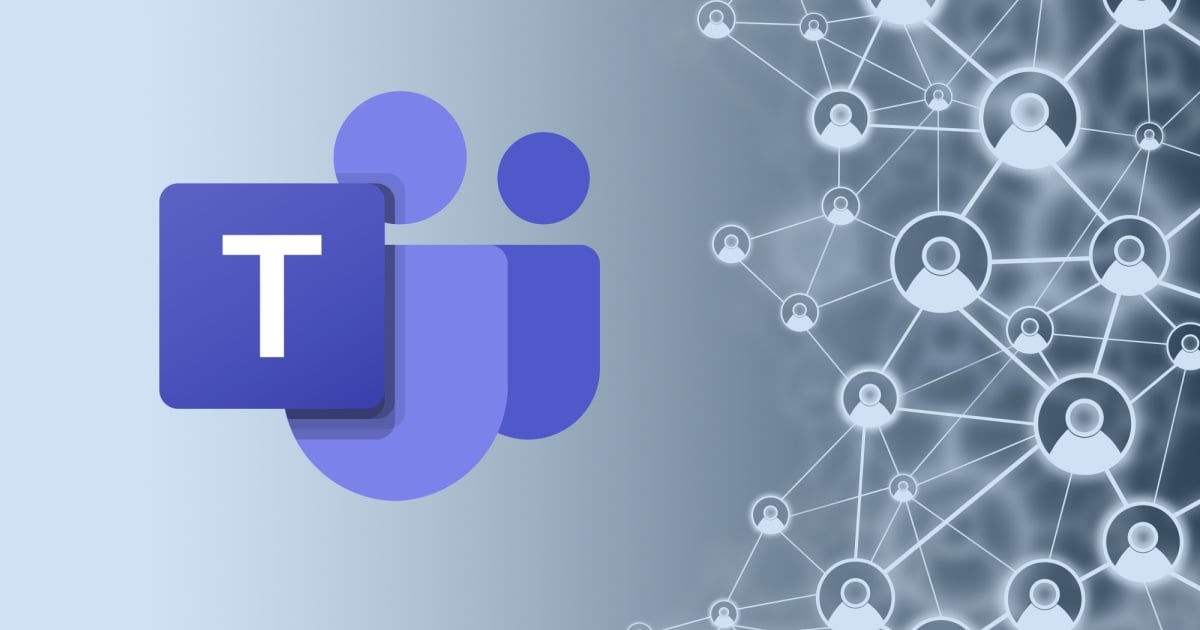
With a growing number of businesses leaning into MSPs for their IT needs, the expecation is efficient, consistent, and responsive support from those MSPs. That includes not only the core IT functions MSP are tasked with, but also troubleshooting and help desk operations, which often become a burden and create bottlenecks resulting in subpar service. The fact is, customer demand quick and effective resolutions to support tickets, yet a variety of factors contribute to MSPs inability to consistently deliver on that expectation, including:
- Manual ticket triage, requiring technicians to spend valuable time manually sorting, categorizing, and prioritizing incoming service requests – a repetitive task that delays the start of actual issue resolution.
- Tickets submitted by clients may lack necessary details or contain inaccurate information, leading to frustrating back-and-forth communication and delayed resolution.
- A significant portion of help desk volume consists of simple, repeatable tasks, like password resets or access requests. Manually handling these consumes valuable technician time that could be dedicated to more complex, high-priority issues.
- Lack of automation creates inconsistency in how similar tickets are handled, and actions and results can vary from technician to technician, negatively impacting overall service quality.
- Delays in processing client requests submitted through portals or forms can negatively impact the client experience.
They are not just minor inconveniences; they represent significant obstacles to an MSP's growth and profitability, not to mention customer satisfaction. Every minute a skilled technician spends manually categorizing a ticket or chasing down missing information is a minute that cannot be billed for higher-value services, directly eroding profit margins. A help desk heavily reliant on manual processes also faces a significant scalability problem, which prevents growth. As MSPs acquires more clients, ticket volumes naturally increase, necessitating a near-proportional increase in help desk staff. This makes scaling the business expensive – perhaps impossible – creating a growth ceiling where the operational burden outweighs the ability to take on new business effectively.
There’s also the human toll. The constant influx of routine, repetitive tasks and the frustration of dealing with incomplete information contribute significantly to technician burnout and job dissatisfaction. High churn among skilled help desk staff is costly, not only in terms of recruitment and training expenses but also in the loss of valuable institutional knowledge. These operational issues directly drive delays and inconsistencies in service delivery, which can severely damage client trust and overall relationships. Ultimately, it can also lead to customer churn, which can then create a domino effect when word spreads the MSP isn’t living up to expectations.
In a nutshell, help desk inefficiency initiates a vicious cycle that hinders growth and impacts profitability.
Pia and CloudRadial think they have the answer. They have partnered and announced a new integration between their respective platforms, both designed for the MSP market.
Indeed, the integration between Pia's AI-powered help desk automation platform and CloudRadial's client services automation platform is designed to directly tackle the operational hurdles getting in the way of MSP efficiency. By combining Pia’s pre-built automations with CloudRadial’s familiar and widely used client-facing forms, the two are enabling zero-touch ticket resolution and enhancing client self-service capabilities that will help MSPs achieve new levels of automation and efficiency made possible through AI.
MSPs can leverage their existing CloudRadial client-facing form systems while simultaneously adding the advanced capabilities of Pia’s automation. What it means is that, when clients submit issues through CloudRadial's forms, Pia's AI immediately processes the generated tickets, eliminating manual data entry and triage. It also prioritizes tickets and automatically initiates Pia’s ticket automation workflows, streamlining service delivery, increasing efficiency, and supporting consistent resolution.
“This integration solves a critical problem for MSPs,” said Pia's CTO Aron Hardy-Bardsley. "We’re creating a seamless solution that helps MSPs resolve tickets faster with more consistency and accuracy, completely without a tech.”
By eliminating many of the traditional challenges faced by help desks, the Pia-CloudRadial integration delivers faster ticket resolution, seamless integration for information accuracy and better ticket resolution, efficiency improvements that free technicians for more complex tasks. Ultimately, the partnership should improve overall service delivery for MSPs, giving them a positive reputation and the ability to grow with new clients without impacting operational quality.
“By automating workflows and eliminating inefficiencies, this integration transforms how MSPs manage service requests, improving both technician productivity and client satisfaction,” said Pia's chief revenue officer, Nic Ferraro.
As businesses continue to hire MSPs, this integration gives those MSPs a way to achieve the kind of operational excellence that’s expected and which will allow them to grow and drive revenue. By automating the initial stages of ticket handling and enabling zero-touch resolution for common requests, MSPs can significantly reduce the burden on their help desks, improve response times, and ensure a more consistent and accurate service delivery experience for their clients. This ultimately allows them to scale their businesses more effectively and focus on providing higher-value services.
Edited by
Erik Linask






